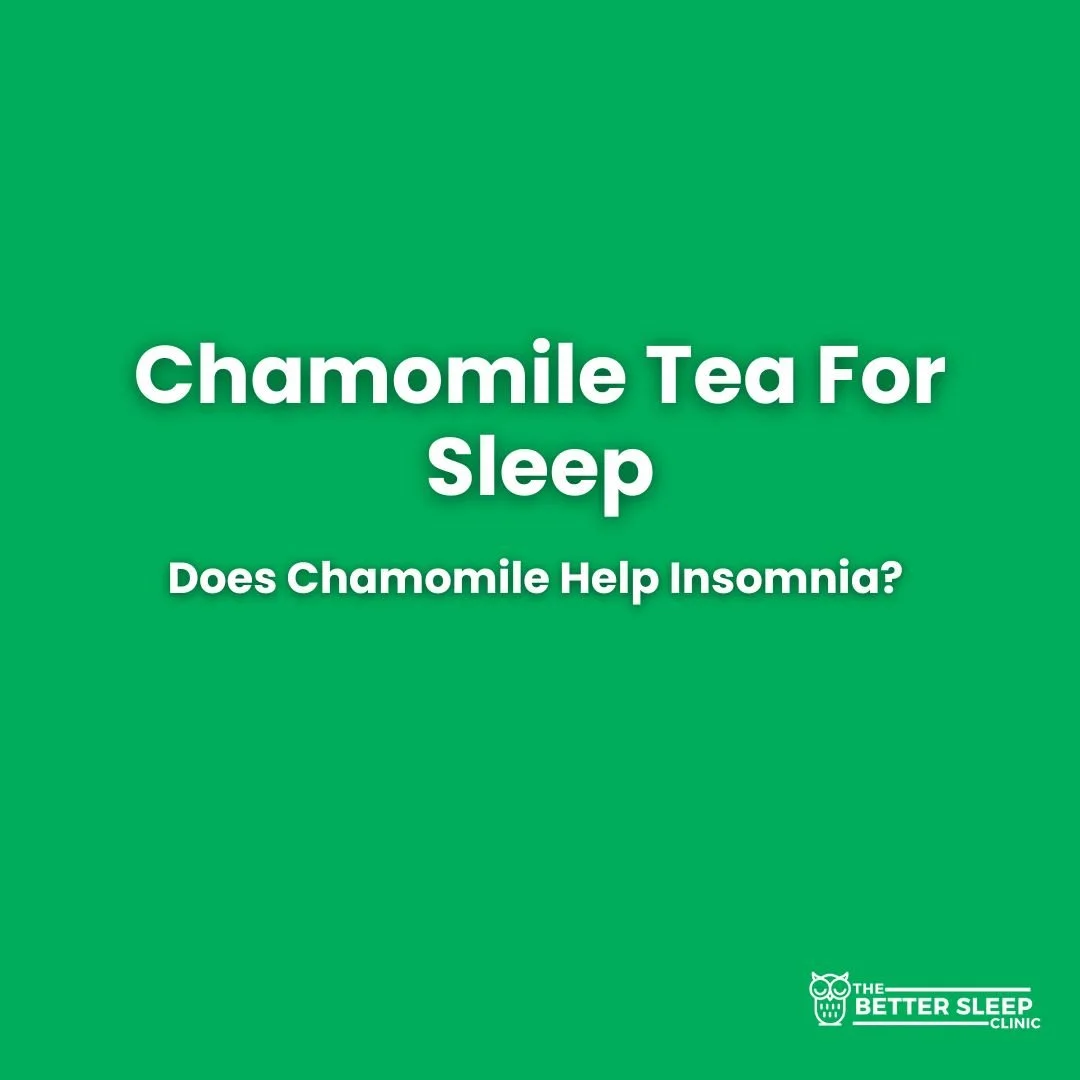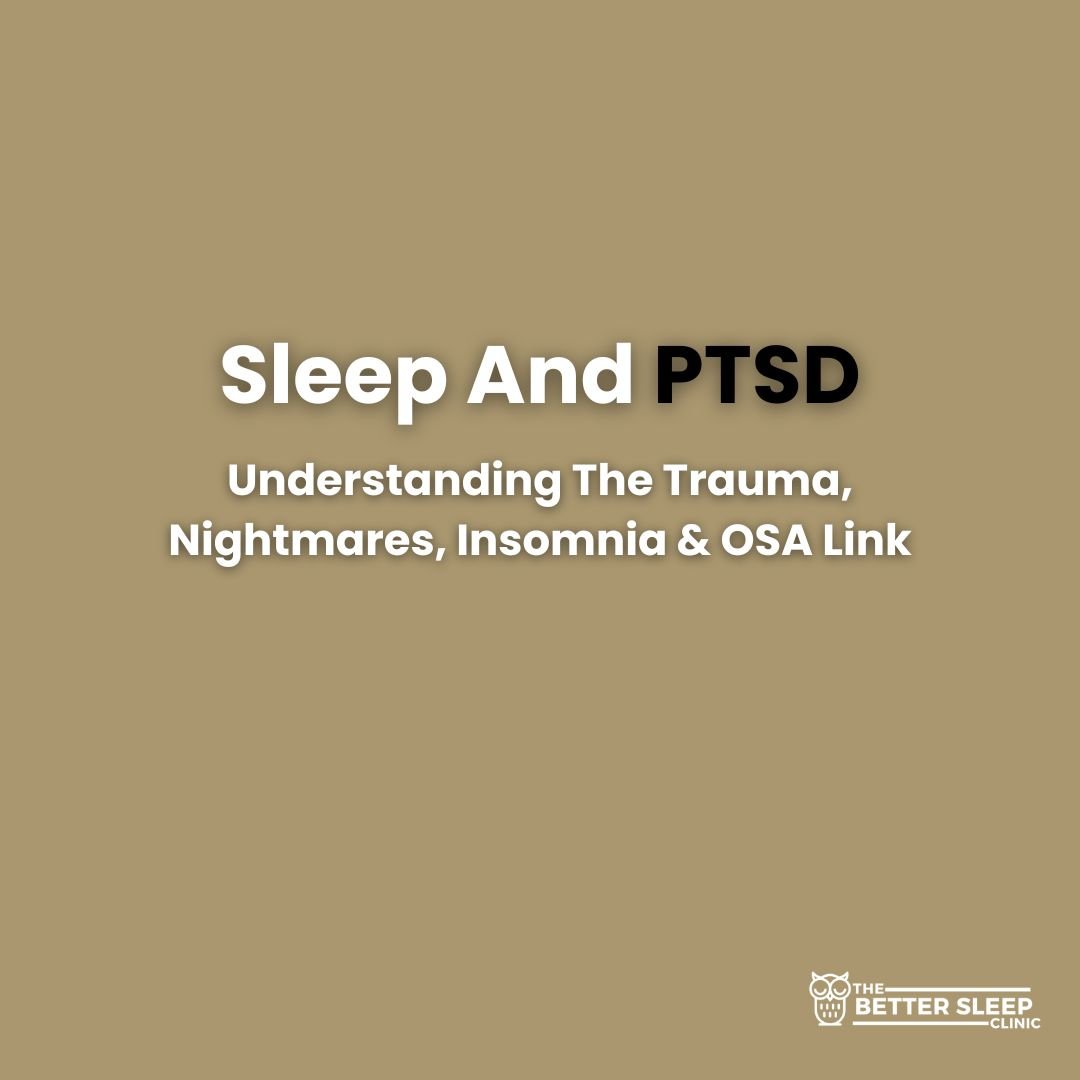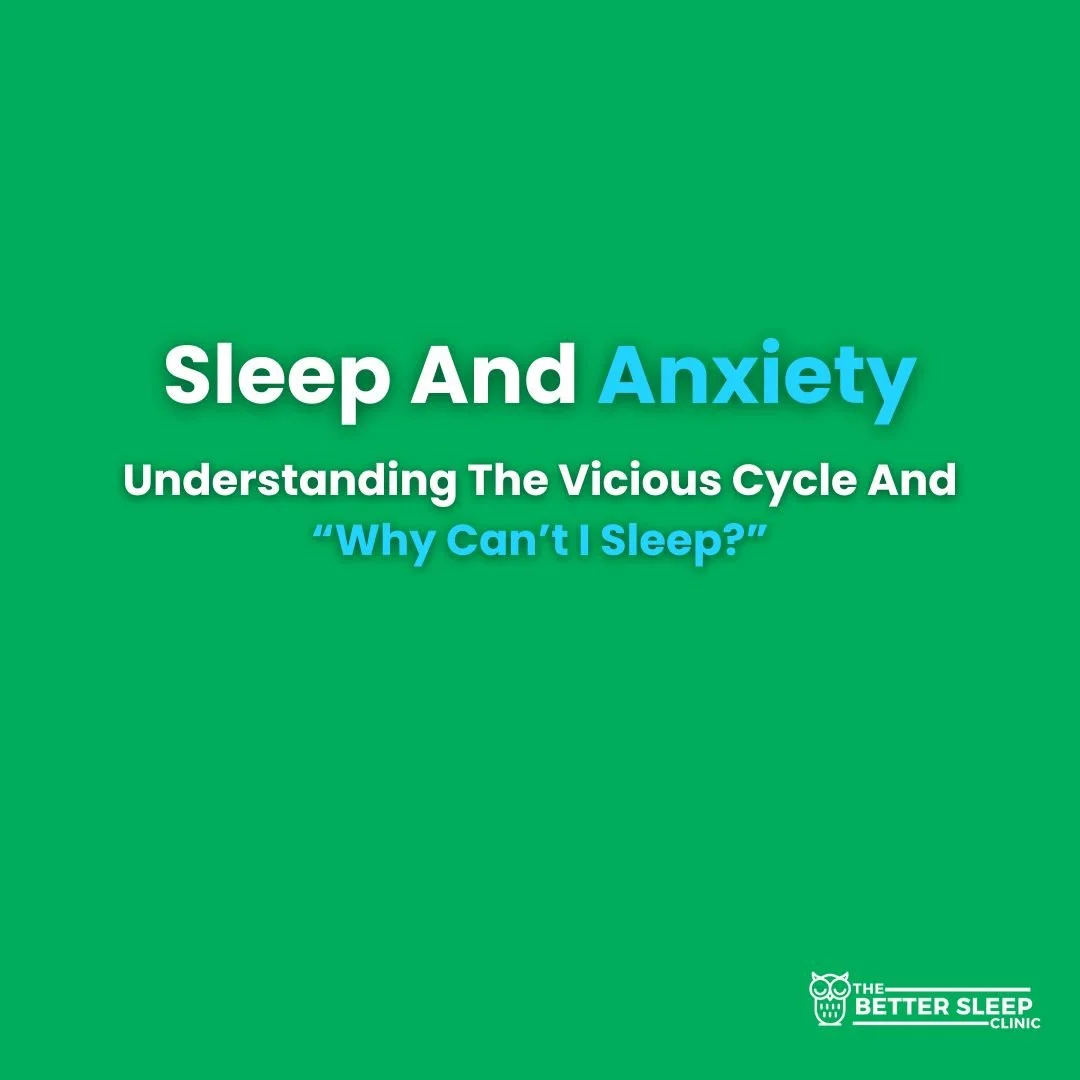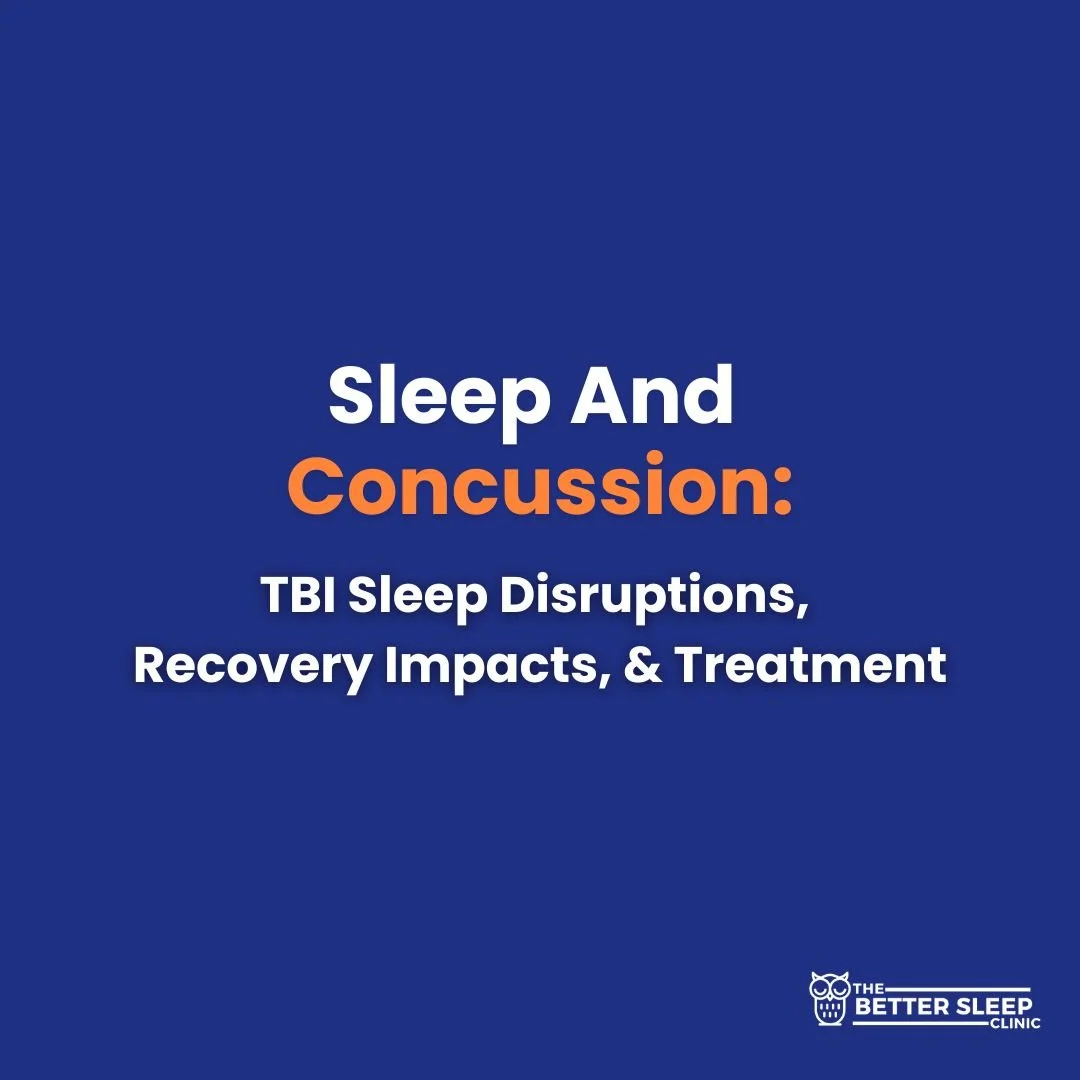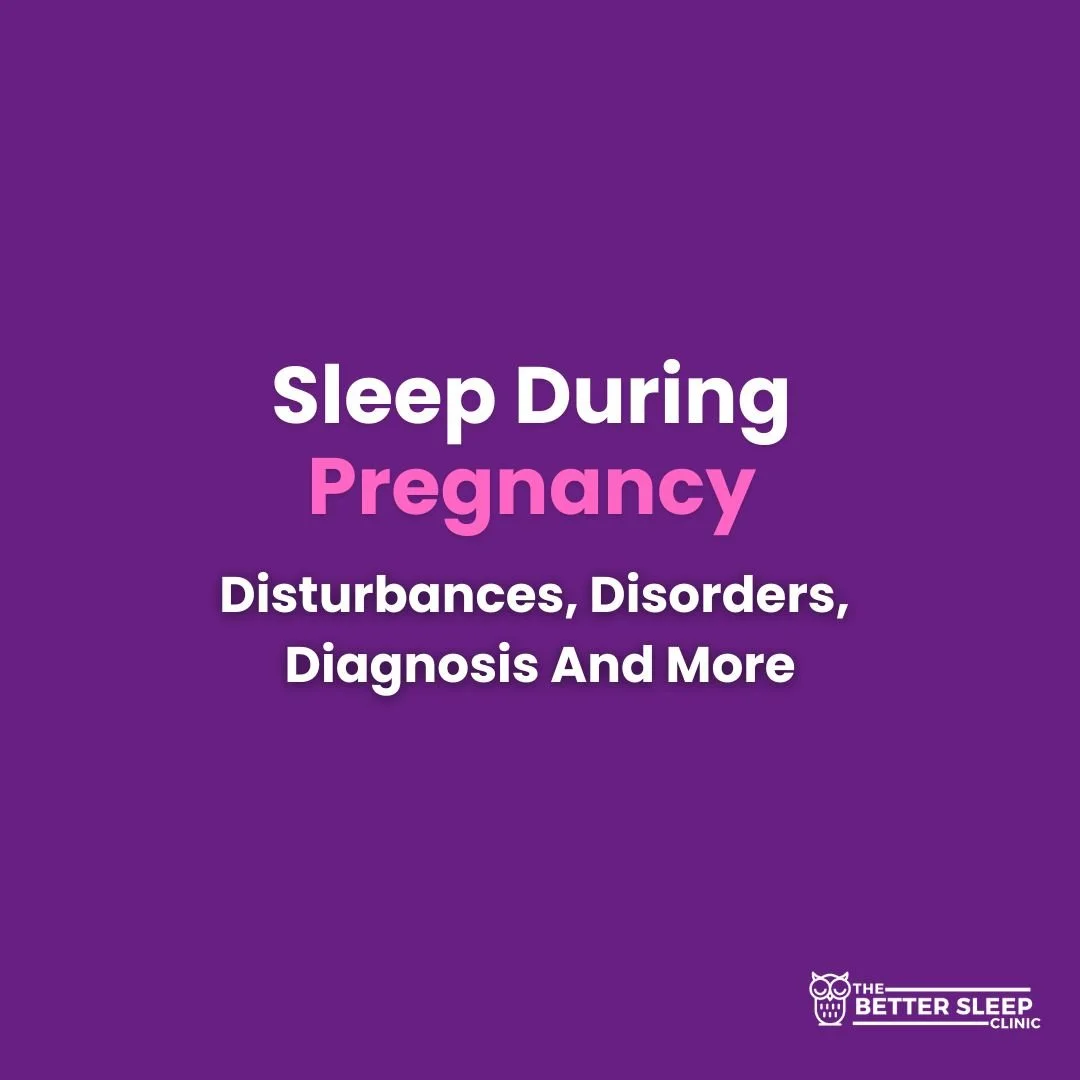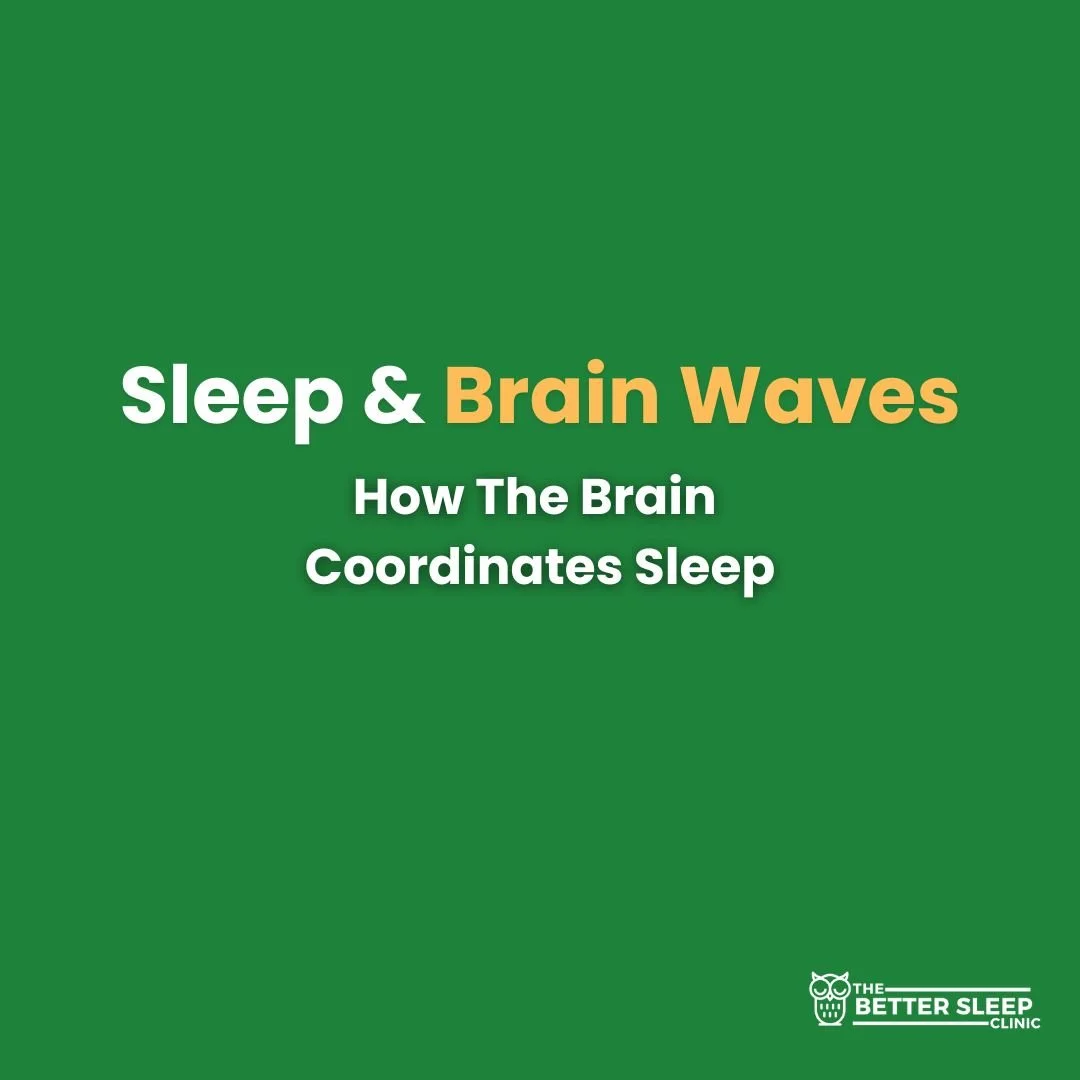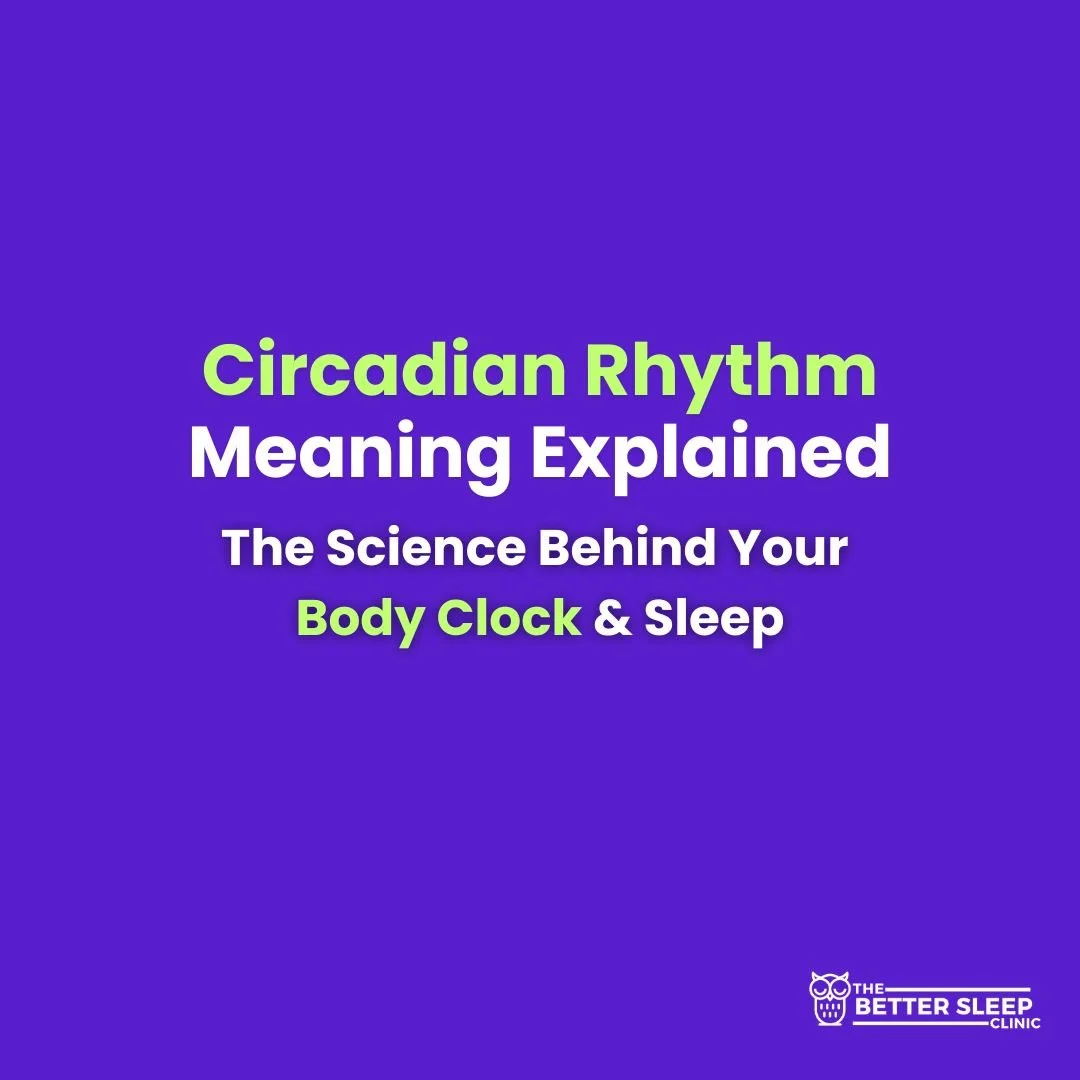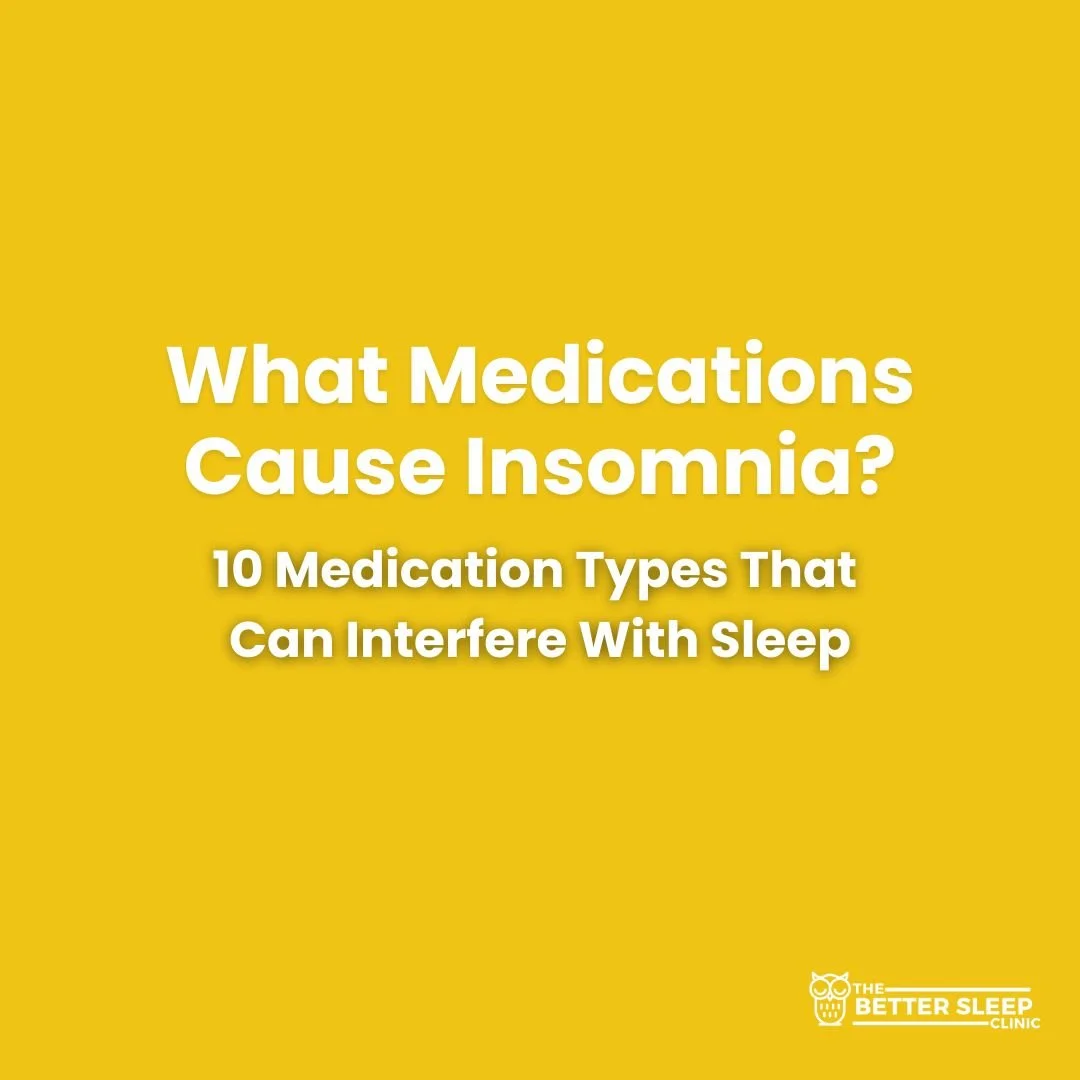Chamomile Tea For Sleep: Does Chamomile Help Insomnia?
Quick Summary
No improvements in sleep quantity or quality: A randomized, placebo-controlled pilot study found that a standardized chamomile extract did not significantly improve total sleep time or sleep efficiency in people with chronic primary insomnia.
Some changes in falling asleep, but could be chance: The study did find that chamomile offered modest, though not statistically significant, advantages in helping people fall asleep faster and wake up less often during the night.
Minimal changes in daytime functioning: Participants taking chamomile also showed a slight trend toward improved daytime functioning and reduced fatigue compared to those taking a placebo.
Chamomile is likely to be safe: The chamomile extract was found to be safe and well-tolerated, with participants reporting no more side effects than the placebo group.
Chamomile Tea For Sleep
For centuries, a warm cup of chamomile tea has been the go-to home remedy for a restless night. It’s one of the most popular and widely used herbal products for sleep, trusted by millions to help them drift off.
With sleep medications bringing significant side effects and the risk of reliance (Buscemi et al, 2007) and awareness of the recommended treatment for insomnia, CBT for insomnia, being low even in the medical community, it’s understandable why people would look to natural sleep remedies.
But just how common are natural “sleep aids” like chamomile? And does chamomile even help with a sleep problem like insomnia?
How Popular Are Natural Sleep Aids Like Chamomile?
A significant number of people with sleep problems use complementary and alternative medicine, often called CAM, to manage their symptoms. Studies, such as the US National Health Interview Survey often find around 4.5% of respondents with sleep problems used some form of CAM, representing more than 1.6 million adults in the U.S. alone (Pearson et al., 2006).
More focused studies have found that 15% of adults reported using an herbal or dietary product for sleep, which was even more than the 11% who used a prescription sleep medication (Morin et al., 2006).
How Is Chamomile Thought To Help Sleep?
Among these natural products, German chamomile (Matricaria recutita) is the most widely used herbal for promoting sleep (Sanchez-Ortuno et al., 2009). Its use as a calming agent and sleep aid dates back hundreds of years. Scientists believe its effects come from a specific flavonoid, a type of natural compound, called apigenin. Preclinical studies suggest that apigenin produces its sedative effects by acting on calming pathways in the brain, much like many prescription sleep medications do (Viola et al., 1995).
Despite this long history and widespread use, rigorous clinical studies on chamomile for chronic insomnia have been lacking. This gap in knowledge led a team of researchers to conduct a formal study to investigate its effects.
So let’s take a closer look at what they found.
How Was This Chamomile For Insomnia Study Designed?
To get a clear and unbiased answer, researchers designed a randomized, double-blind, placebo-controlled pilot trial - the gold standard for clinical research (Zick et al., 2011).
Here’s what those terms mean:
Randomized: The 34 participants, all of whom had chronic primary insomnia for at least six months, were assigned by chance to one of two groups.
Placebo-Controlled: One group received capsules of a high-grade, standardized chamomile extract (270 mg twice a day). The other group received a placebo, an identical-looking capsule with no active ingredient. Using a placebo allows researchers to separate the actual effects of the treatment from the placebo effect, where a person feels better simply because they believe they are receiving a real treatment.
Double-Blind: This is an important step to prevent bias. Neither the participants nor the researchers interacting with them knew who was receiving chamomile and who was receiving the placebo until the study was over and the data was analyzed.
The study lasted for 28 days. Participants kept detailed sleep diaries for the week before the study began and for the final week of the study. These diaries tracked key sleep metrics like how long it took to fall asleep, how many times they woke up, and total sleep time. They also completed questionnaires about daytime symptoms, such as fatigue.
The main question was straightforward: would four weeks of chamomile extract improve sleep more than a placebo?
Does Chamomile Improve Total Sleep Time or Sleep Quality?
No, the study found no statistically significant differences between the chamomile and placebo groups for the primary goals of increasing total sleep time or improving sleep efficiency, a key measure of sleep quality (basically the percentage of time you spend in bed that you are actually asleep) (Zick et al., 2011). In scientific terms, this means the differences observed were small enough that they could have been due to random chance rather than the treatment itself.
In fact, the results for total sleep time were quite surprising. The group taking the placebo saw their average nightly sleep increase by 0.8 hours (48 minutes) over the course of the study. The chamomile group, however, only increased their sleep by an average of 0.2 hours (12 minutes). This means the placebo had a larger positive effect on total sleep duration than the chamomile extract did (interestingly, this effect is similar to what is found with FDA approved sleeping pills - placebos are better for sleep across the night).
This finding shows the power of the placebo effect in sleep studies and why this type of controlled design is so important. Without a placebo group for comparison, researchers might have concluded that chamomile increased sleep by 12 minutes, when in reality, it performed worse than a sugar pill on this specific measure.
But does this mean chamomile had no effect at all?
Does Chamomile Have Any Positive Effects on Sleep?
Potentially? When researchers looked at other sleep diary measures, they found that chamomile did show some modest positive trends, even though these results did not reach the threshold for statistical significance (meaning they could just be due to random chance) (Zick et al., 2011).
Two areas where chamomile showed a potential benefit were:
Sleep Latency: This is the technical term for the amount of time it takes to fall asleep. On average, participants in the chamomile group fell asleep about 16 minutes faster at the end of the study compared to when they started. In contrast, the placebo group actually took about one minute longer to fall asleep.
Nighttime Awakenings: The chamomile group also saw a greater reduction in the number of times they woke up during the night. The placebo group decreased their awakenings by an average of 0.3 times per night, while the chamomile group decreased their awakenings by 0.8 times per night.
While these improvements were not large enough to be considered statistically significant in a study of this size, the researchers noted that the magnitude of these changes - what scientists call the "effect size" - was comparable to that seen with some prescription sleep medications (Buscemi et al., 2007). This suggests that chamomile could have a real, though modest, effect on these specific aspects of sleep, but a study with a bigger group of people would be needed to confirm.
Does Chamomile Improve Daytime Symptoms Like Fatigue?
The study found a modest trend that favored chamomile for improving daytime fatigue, one of the most common consequences of insomnia (Zick et al., 2011).
At the end of the 28-day study, participants in the chamomile group reported a small decrease in their fatigue scores (a 6.7% reduction). At the same time, those in the placebo group actually reported a small increase in their fatigue scores (a 2.2% increase).
Once again, this difference was not statistically significant, meaning it could have been due to chance.
However, the data showed a moderate effect size, indicating a potential real-world benefit that might be confirmed in a larger study. The same pattern was observed for anxiety symptoms; the chamomile group saw a slight decrease, while the placebo group saw an increase.
Was the Chamomile Extract For Sleep Safe?
Yes, the chamomile extract used in this study was found to be safe and was well tolerated by the participants (Zick et al., 2011).
There was no significant difference in the number of adverse events reported between the two groups. In total, the placebo group reported 10 mild adverse events, while the chamomile group reported only 6. These events were all mild and temporary, including things like headaches or gastrointestinal symptoms. The fact that the placebo group reported more issues provides strong evidence that the chamomile extract itself did not cause any notable side effects.
Participants were also very good at following the treatment plan, taking over 93% of their assigned capsules on average. This indicates that taking the chamomile tablets was an acceptable and easy routine for the participants.
Why Weren't the Results More Definitive?
The researchers point to several key factors that could explain why the results were modest and mixed, highlighting the challenges of studying herbal supplements (Zick et al., 2011).
First, this was a pilot study. A pilot study is a smaller, preliminary experiment designed to gather initial data and determine if a larger, more expensive study is warranted. With only 34 participants, the study was too small to prove with statistical certainty that these modest differences were real and not just a result of random chance. Its goal was to measure the direction and size of any effects to help design future trials. For example, they calculated that a future study would need only 60 participants to prove a statistically significant effect on falling asleep faster, but would need over 2,000 participants to prove an effect on time spent awake during the night.
Second, the study population may have been a factor. To isolate the effects on sleep itself, the researchers specifically excluded anyone with a current diagnosis of an anxiety or mood disorder. However, since chamomile is thought to work partly through mild anti-anxiety (anxiolytic) pathways, this decision may have removed the very people most likely to benefit from it. It's possible that chamomile is more effective for individuals whose insomnia has a component of underlying anxiety.
What Is the Takeaway Regarding Chamomile for People with Insomnia?
Based on this carefully conducted pilot study, a standardized chamomile extract is unlikely to be an effective treatment for chronic insomnia. However, it may offer some very small and specific benefits without significant risks.
Here are the practical takeaways:
Manage Expectations: Chamomile is unlikely to dramatically increase your total sleep time. In this study, it was less effective than a placebo for that specific goal.
Consider Your Symptoms: If your primary struggle is with quieting your mind to fall asleep, or if you experience mild anxiety alongside your insomnia, chamomile might be more likely to help in small ways.
It’s Appears To Be Safe: For short-term use, chamomile appears to be very safe, with a side effect profile no different from a placebo.
Discuss Sleep Disorders with a Professional: If you are worried enough about your sleep to be reaching for chamomile, it is possible you may have a sleep disorder like insomnia or obstructive sleep apnea. Talk to a healthcare provider to discover the recommended treatment for insomnia, circadian rhythm disorders, and science-backed treatments for other sleep disorders.
You can also talk to a NZ sleep clinic like The Better Sleep Clinic for sleep help. Whether it’s an Auckland sleep clinic, Wellington sleep clinic, Christchurch sleep clinic, Hamilton sleep clinic or anywhere in NZ, we can help.
Ask for a free chat below or book an assessment (no referral required) and get started addressing your sleep problems today.
Frequently Asked Questions: Chamomile and Insomnia
Q1: Does chamomile help you sleep longer?
A1: No, the scientific evidence does not suggest that chamomile helps you sleep for a longer period of time. In a key clinical study, participants taking a standardized chamomile extract for 28 days did not experience a significant increase in their total sleep time compared to those taking a placebo (Zick et al., 2011). In fact, the placebo group in that study saw a greater increase in sleep duration.
Q2: Can chamomile help you fall asleep faster?
A2: Although the result was not better than chance, a small pilot study found that participants taking chamomile fell asleep about 16 minutes faster on average, while the placebo group saw no improvement in this area (Zick et al., 2011).
Q3: Is it safe to take chamomile for sleep every night?
A3: Yes, chamomile appears to be safe for nightly use. In a 28-day clinical trial, the chamomile extract was well-tolerated, and participants reported no more side effects than the group taking a placebo (Zick et al., 2011). All reported side effects were mild and temporary, indicating that chamomile is a safe option for most people.
Q4: Is chamomile extract better than chamomile tea for insomnia?
A4: A study that found no effect of chamomile extract on insomnia used a dose of 540 mg of extract daily. The researchers noted that this dose would be difficult to achieve by drinking tea (Zick et al., 2011).
References
Alattar, M., Harrington, J. J., Mitchell, C. M., & Sloane, P. (2007). Sleep problems in primary care: a North Carolina Family Practice Research Network (NC-FP-RN) study. Journal of the American Board of Family Medicine, 20(4), 365–374.
Breslau, N., Roth, T., Rosenthal, L., & Andreski, P. (1996). Sleep disturbance and psychiatric disorders: a longitudinal epidemiological study of young adults. Biological Psychiatry, 39(6), 411–418.
Buscemi, N., Vandermeer, B., Friesen, C., Bialy, L., Tubman, M., Ospina, M., Klassen, T. P., & Witmans, M. (2007). The efficacy and safety of drug treatments for chronic insomnia in adults: a meta-analysis of RCTs. Journal of General Internal Medicine, 22(9), 1335–1350.
Katz, D. A., & McHorney, C. A. (2002). The relationship between insomnia and health-related quality of life in patients with chronic illness. The Journal of Family Practice, 51(3), 229–235.
Morin, C. M., LeBlanc, M., Daley, M., Gregoire, J. P., & Merette, C. (2006). Epidemiology of insomnia: prevalence, self-help treatments, consultations, and determinants of help-seeking behaviors. Sleep Medicine, 7(2), 123–130.
Ohayon, M. M. (2002). Epidemiology of insomnia: what we know and what we still need to learn. Sleep Medicine Reviews, 6(2), 97–111.
Ozminkowski, R. J., Wang, S., & Walsh, J. K. (2007). The direct and indirect costs of untreated insomnia in adults in the United States. Sleep, 30(3), 263–273.
Pearson, N. J., Johnson, L. L., & Nahin, R. L. (2006). Insomnia, trouble sleeping, and complementary and alternative medicine: Analysis of the 2002 national health interview survey data. Archives of Internal Medicine, 166(16), 1775–1782.
Sanchez-Ortuno, M. M., Belanger, L., Ivers, H., LeBlanc, M., & Morin, C. M. (2009). The use of natural products for sleep: A common practice? Sleep Medicine, 10(9), 982–987.
Viola, H., Wasowski, C., Levi de Stein, M., Wolfman, C., Silveira, R., Dajas, F., Medina, J. H., & Paladini, A. C. (1995). Apigenin, a component of Matricaria recutita flowers, is a central benzodiazepine receptors-ligand with anxiolytic effects. Planta Medica, 61(3), 213–216.
Zick, S. M., Wright, B. D., Sen, A., & Arnedt, J. T. (2011). Preliminary examination of the efficacy and safety of a standardized chamomile extract for chronic primary insomnia: A randomized placebo-controlled pilot study. BMC Complementary and Alternative Medicine, 11, 78.
Written By The Better Sleep Clinic
Reviewed By Dan Ford, Sleep Psychologist


